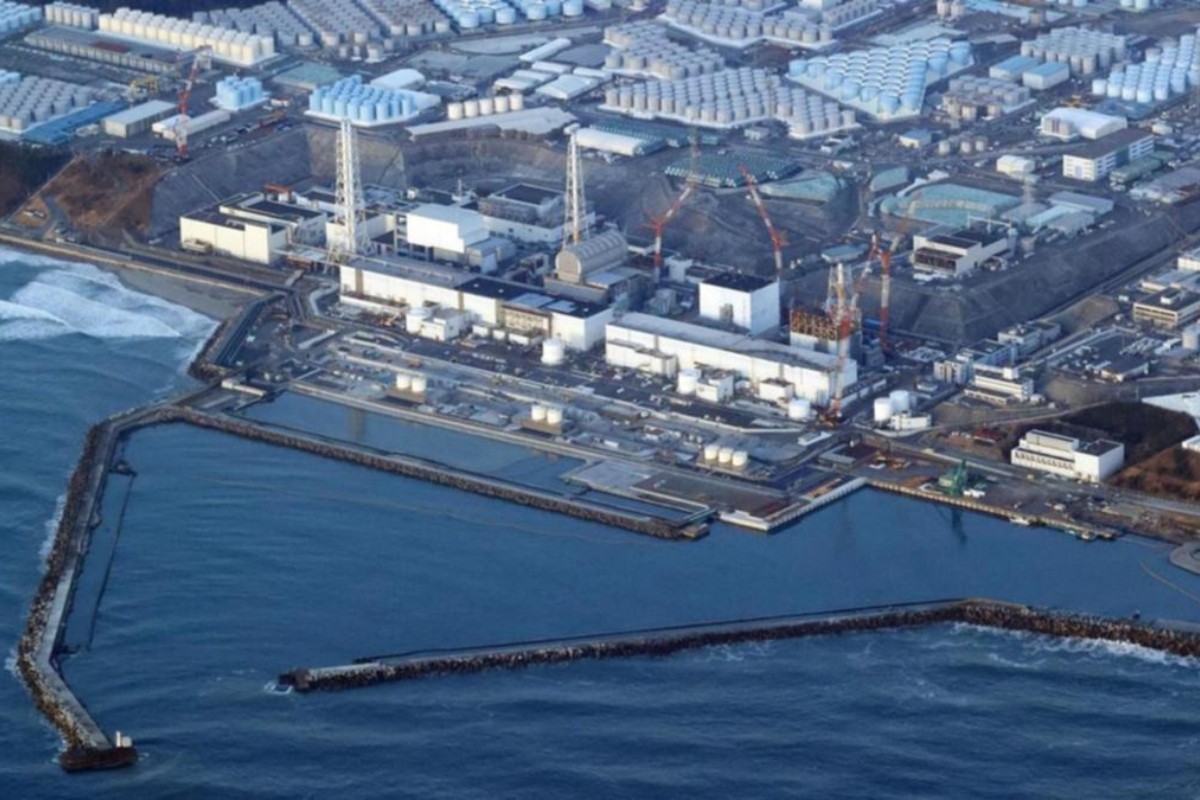Japan has received approval from the United Nations’ nuclear watchdog, the International Atomic Energy Agency (IAEA), for its plan to release treated radioactive water from the Fukushima plant into the ocean.
The IAEA’s two-year review concluded that Japan’s plans met global safety standards and would have a minimal radiological impact on people and the environment. IAEA chief Rafael Grossi handed Prime Minister Fumio Kishida a final report, expressing that it was a significant moment. Grossi also stated that IAEA staff would be stationed at the Fukushima plant to monitor the water release and address any concerns.
Japan’s government asserts that the water release process is safe as the water has been treated to remove most radioactive elements, except for tritium. The treated water, equivalent to 500 Olympic-sized swimming pools, will be diluted to levels well below international standards before being released into the Pacific Ocean.
However, Japanese fishing unions and local residents have opposed the plan, fearing its impact on their reputation and livelihood. A petition from the regions around the plant has gained over 250,000 signatures, and neighboring countries, particularly China, have expressed concerns about the environmental and health risks.
In response to the IAEA report, China criticized Japan’s comparison of tritium levels and accused Japan of misleading public opinion. China called for the suspension of the plan and warned of consequences if Japan proceeds.
Despite the opposition, Japan maintains its commitment to providing scientific evidence and transparency to the Japanese people and the international community.
Grossi is scheduled to visit the Fukushima plant and then travel to South Korea, New Zealand, and the Cook Islands to address concerns and alleviate fears regarding the water release.

















